Critical Essays Archive
The Body in Pain
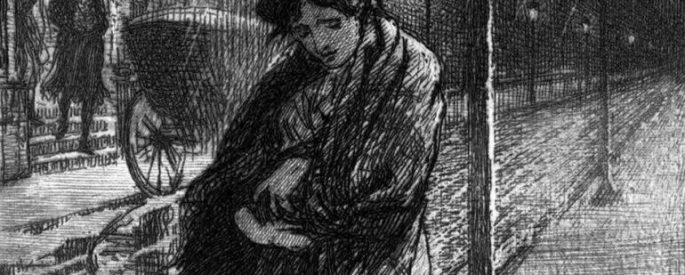
Karen Havelin’s debut novel keeps readers teetering on the edge of an abyss that cannot quite be named—the notion of living an existence of ongoing pain, the isolation of a disintegrating body—only to pull them back to a sunny meadow of hope, beauty, and temporary relief.
Jane Alison and Ander Monson on Narrative Form
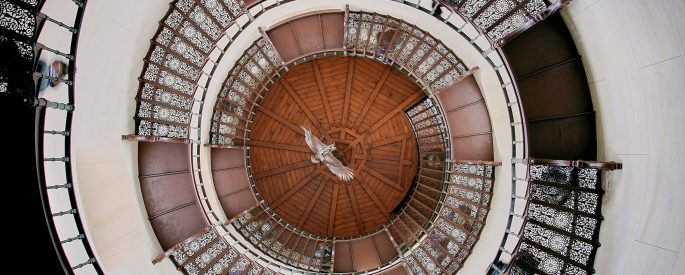
The arc can only take narrative so far before it crashes, particularly when it comes to personal writing.
Affect Theory in The Hundreds

Lauren Berlant and Kathleen Stewart’s collaborative work, a collection of hundred- or multi-hundred–word pieces on art, affect, and politics, draws on the women’s backgrounds in cultural criticism as much as their attunement to the types of feelings that arise from situations or experiences.
Grief in Lincoln in the Bardo
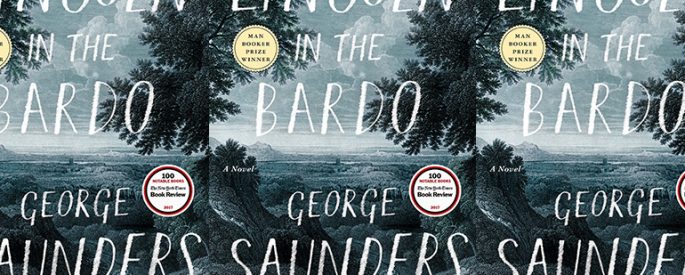
George Saunders’ most recent book acknowledges that to write a historical novel is to look at bones and imagine them as flesh and spirit.
The Lost Letters of Jack Kerouac
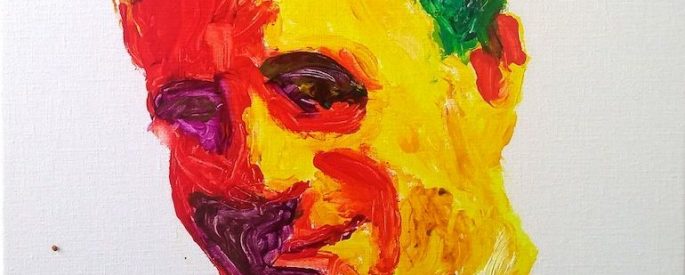
Youenn Gwernig and Jack Kerouac bonded not over Brittany as much as their shared experience of cultural alienation, living and writing between languages and multiple identities.
Intimacy and Resistance Through Food

Leila S. Chudori’s 2012 novel uses food as a mechanism to create and sustain intimacy during political exile and as a method of resistance against the imposed narrative of the dictatorship.
Art and Power in Julian Barnes’ The Noise of Time
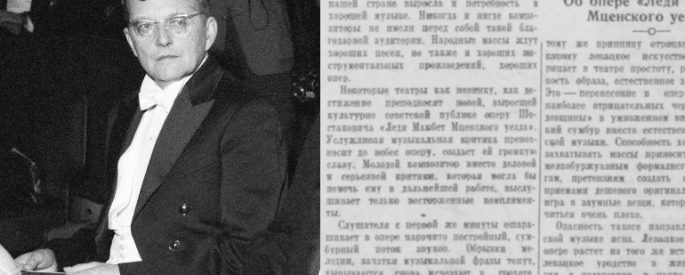
Music is represented in Barnes’ novel, a fictionalized biography of the Russian composer Dmitri Shostakovich, as a means of propaganda and control, a means of subverting that propaganda, and as a pure art form, free from the petty politics of history.
The Fairy Tale Logic of Helen Oyeyemi’s Gingerbread
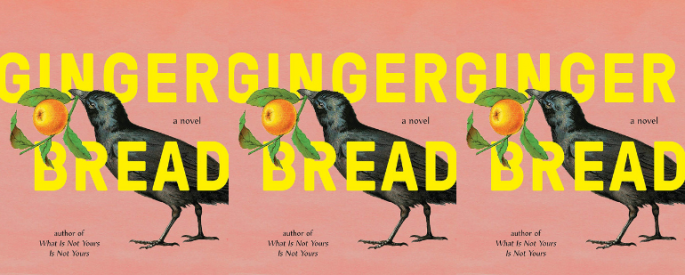
Mutable logic flows through every aspect of Oyeyemi’s new novel—plot, character, and space—revealing the flexibility of structures and worldviews that we normally see as rigid and immovable.
Silence in Sally Rooney’s Conversations with Friends
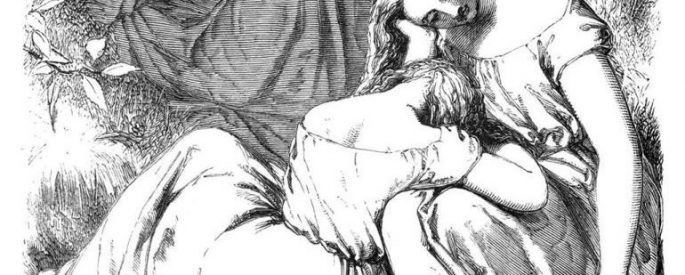
Wordless acts of love that help alleviate pain, the intensity of conversations that build relationships, the depth of feelings that complicate them—Rooney makes it clear that such meaningful silences aren’t captured by the texts, emails, and messages in digital communication.
The Wandering Writer
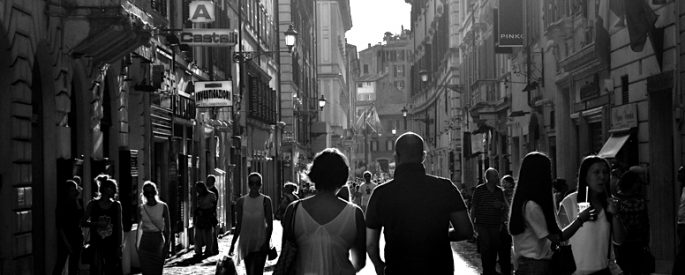
Not all wandering is equal; not all bodies can move easily through all spaces. While there is always the possibility of danger in wandering, there is also, however, a benefit to changing our surroundings and seeing a world beyond what we are used to.